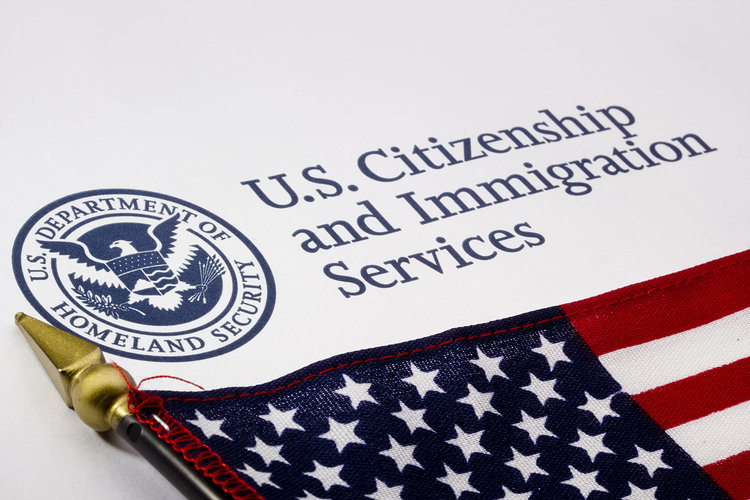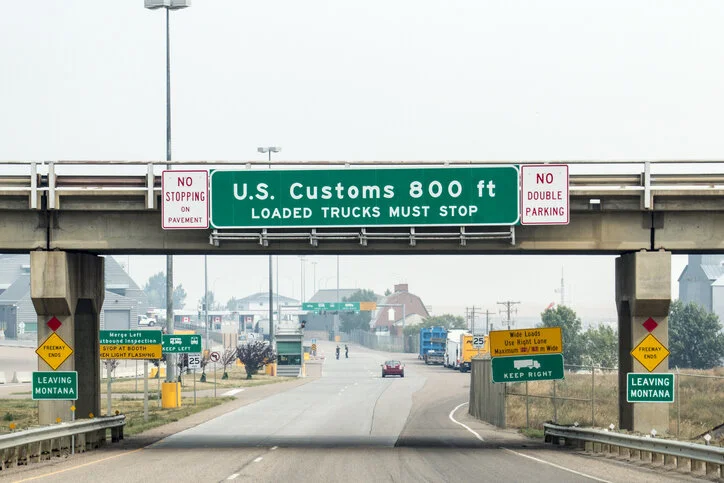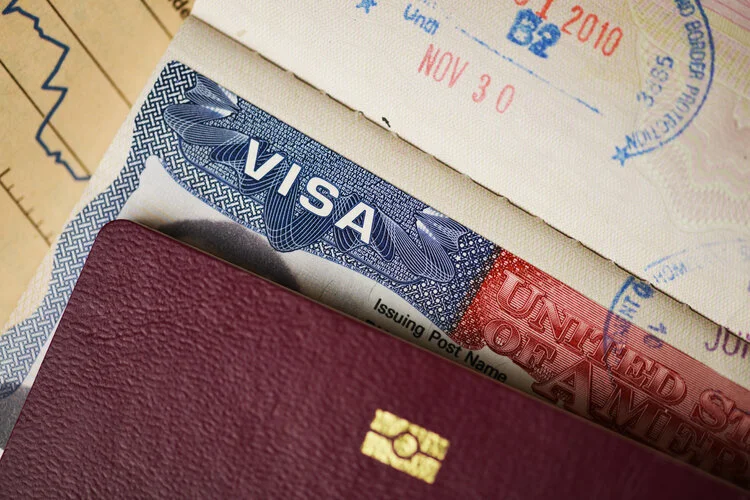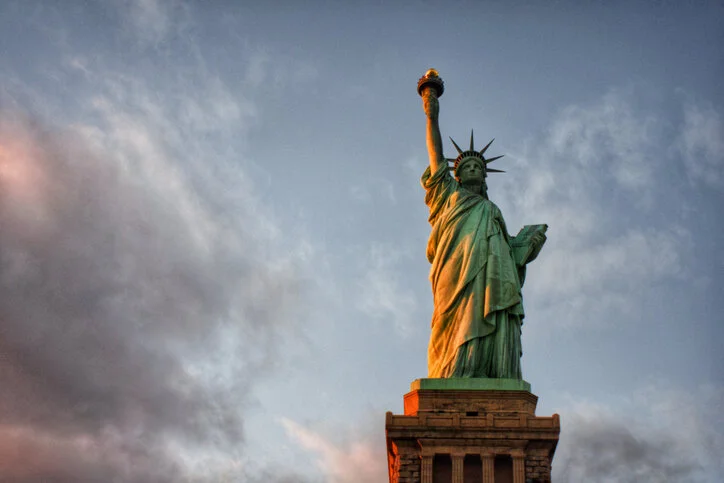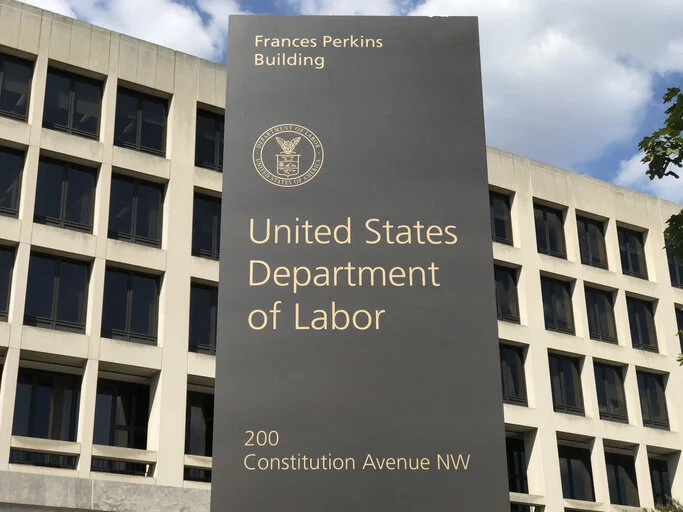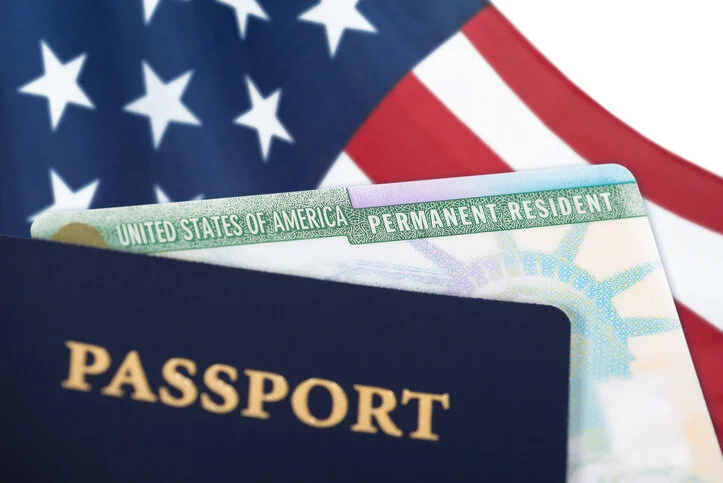Last week, a federal judge in California ordered the government to stop enforcing section 2 of Presidential Proclamation 10052, which suspended the admission of temporary workers in the H, J and L visa categories from abroad until December 31, 2020. The judge found the Proclamation was an overreach of executive power, which is reserved for national security and foreign policy issues, not domestic unemployment. This is a temporary order called a Preliminary Injunction while the merits of the case can be litigated.
Read MoreAs part of an appropriations bill that was passed last week to fund the US government, Congress has authorized U.S. Citizenship and Immigration Services (USCIS) to raise its premium processing fees from $1,440 to $2,500, and to expand the petitions and applications eligible for premium processing to include applications for employment authorization (Form I-765), applications to change or extend status (Form I-539), and immigrant petitions for multinational managers and executives (Form I-140). The Department of Homeland Security (DHS) also will have the authority to designate other cases for premium service.
Read MoreThe Department of Homeland Security has announced that it will continue to limit “non-essential travel” at its land borders with both Canada and Mexico for an additional 30 days through October 21, 2020.
Read MoreWith employers and employees continuing to take physical distancing precautions in response to COVID-19, U.S. Immigration and Customs Enforcement (“ICE”) has again extended the ability of employers to remotely verify a new employee’s identify and employment authorization documents for Form I-9 purposes through November 19, 2020, provided the employer continues to have its employees working remotely.
Read MoreEarlier this week, a federal judge blocked USCIS from increasing its filing fees, which were scheduled to take effect today, October 2. The judge found possible procedural and substantive violations under the Administrative Procedures Act, and defects in the way the Acting Secretaries for the Department of Homeland Security at the time had been appointed, the combination of which made him decide to temporarily block the proposed fee increases until these issues could be thoroughly addressed.
Read MoreThe Department of State (DOS) has issued its October 2020 Visa Bulletin. October 1 marks the start of the new fiscal year so all the immigrant visa categories benefit from new visa numbers and most immigrant visa applicants will see progress in their place in line for permanent residence.
Read MoreThe termination of a program that has allowed nationals of El Salvador, Haiti, Nicaragua, and Sudan to temporarily live and work in the United States was upheld by a federal court of appeals last week. This decision is expected to affect approximately 400,000 foreign nationals, many of whom have lived in the United States for decades, as well as another 200,000 U.S. citizen family members.
As a result of this recent ruling, TPS is scheduled to end in March 2021 for Haitians, Nicaraguans, and Sudanese, and, in November 2021, for nationals of El Salvador. The Trump Administration has been trying to terminate TPS for nationals of these countries since 2017 and have been blocked by federal court litigation.
According to a notice released on Wednesday this week, the U.S. Department of Labor (“DOL”) plans to adjust the prevailing wage requirements for the H-1B visa and permanent residence process. These adjustments also will affect the E-3 visa for Australian professionals and the H-1B1 visa for professionals from Chile and Singapore.
Read MoreThe Department of State (DOS) has issued its September 2020 Visa Bulletin.
Employment-based movement: Overall, most employment categories will remain at the same place as last month, with modest forward movement under the EB-1 category.
Family-based Movement: Overall, most family-based categories will have modest forward movement.
Detailed charts are in the body of the blog post.
The Department of Homeland Security has announced that it will continue to limit “non-essential travel” at its land borders with both Canada and Mexico for an additional 30 days through September 21, 2020. Travel for recreation or tourism is considered “non-essential.” Essential services related to the movement of food, fuel, healthcare and life-saving medicines will continue.
Read More

